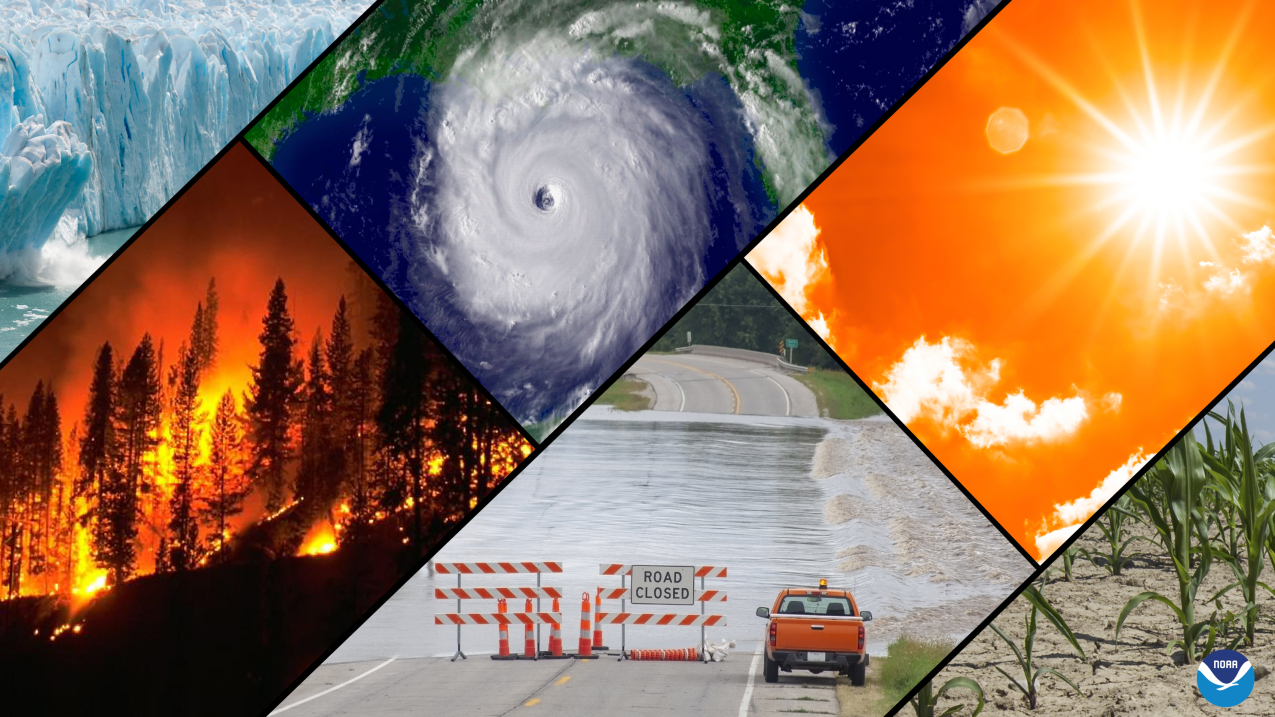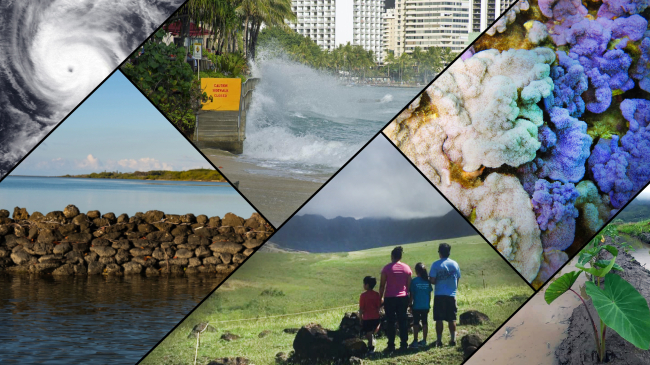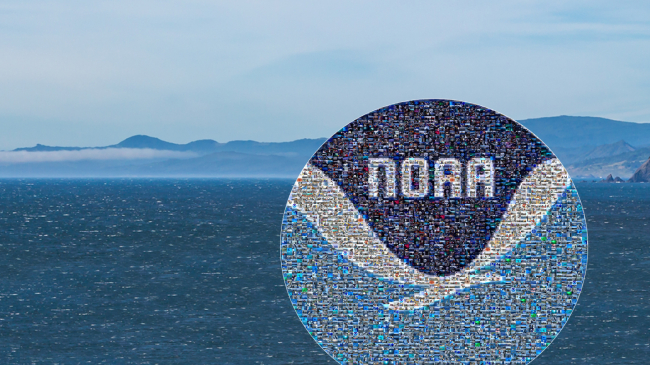
A collage of typical climate and weather-related events: floods, heatwaves, drought, hurricanes, wildfires and loss of glacial ice. (Image credit: NOAA)
As world leaders, climate activists, and concerned citizens gather in Glasgow for the United Nations Climate Change Conference (COP26) offsite link, we collectively face a pivotal moment at the start of this decisive decade of action to tackle the climate crisis.
As a member of the United States delegation, as a scientist and as a concerned citizen, I’m reminded every day that the climate crisis is already here. This is not a challenge for future generations, but one we must confront today. As Under Secretary of Commerce for Oceans and Atmosphere, NOAA Administrator and as a representative of the 12,000-person-strong NOAA workforce, I’m acutely aware of the critical role we play in delivering the world-class science, data, services and innovative solutions to help the world adapt to our changing planet.
On the ground and well positioned to meet the nation’s needs
NOAA is in every community in the U.S. working hand-in-hand with partners locally and sharing best practices globally. No matter the need, people know they can turn to us for reliable, easy-to-use climate and extreme weather information to help make informed decisions that help save lives and livelihoods.
Demand from virtually every sector of government and society for NOAA scientific data, observations and actionable information is increasing. This year alone the U.S. has seen a record-setting summer of extreme heat, exceptional drought, raging wildfires, unprecedented rain and flooding events, and destructive hurricanes. As of October 8, the nation has tallied 18 separate billion dollar disasters this year so far, with more expected.
Climate change shows no sign of slowing and NOAA, along with the Department of Commerce, is a key part of President Biden’s whole-of-government response to tackling the climate crisis and bolstering sustainable economic development. We can and will create good-paying, union jobs and new industries as we address the climate crisis. Tackling the climate crisis is imperative to protecting lives, livelihoods, and critical infrastructure – and it’s also the greatest economic opportunity of our time.
Science is central to addressing the climate crisis, and since the last round of international negotiations in Paris in 2019, the science has only become clearer. Both the Intergovernmental Panel on Climate Change’s (IPCC) report issued this summer offsite linkand its special report on Global Warming of 1.5 Degrees offsite link are clarion calls for the world both to accelerate the reduction of fossil fuel emissions. Simply stated: We must all respond with the urgency that science demands.
I encourage you to learn more about several commitments NOAA has made in line with COP26 goals.
Please also visit our one-stop COP26 webpage with a host of information about NOAA activities at the conference.
— Dr. Rick Spinrad
NOAA Administrator and Under Secretary of Commerce for Oceans and Atmosphere




